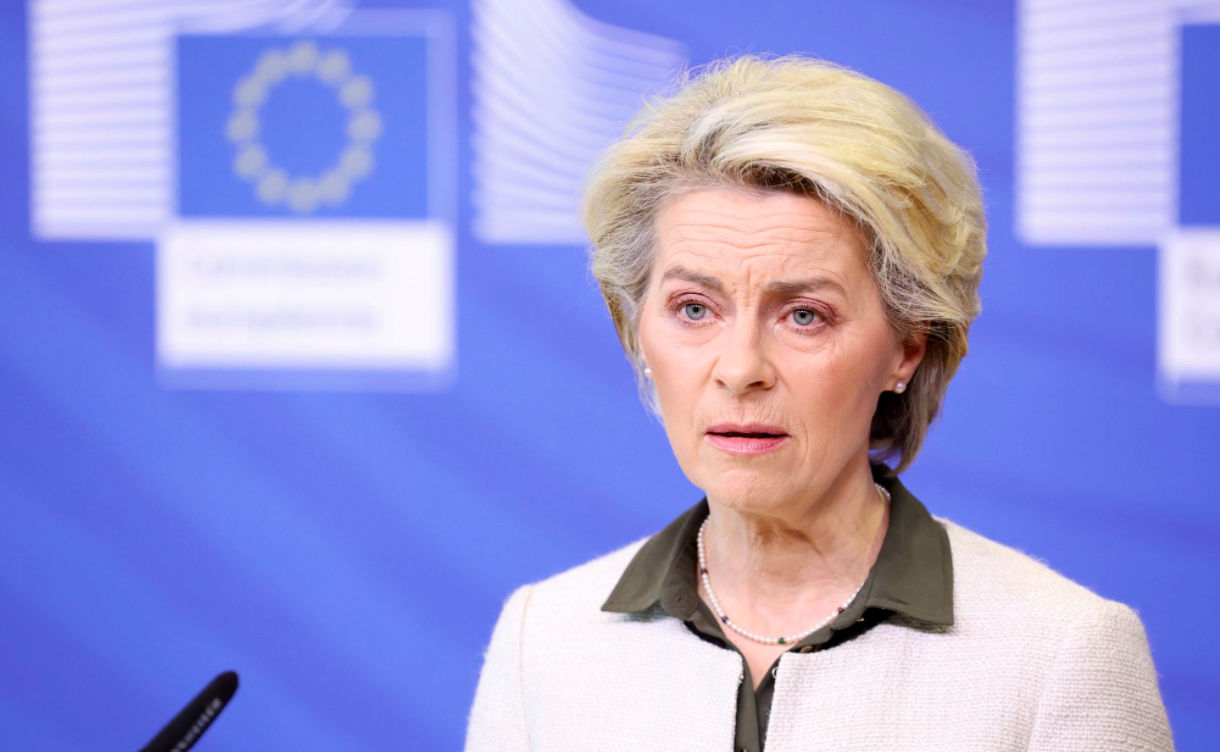The European Union, after a request from Ukraine, said on Wednesday that a set of “trade-liberalizing measures” would be temporarily put in place to help Ukraine “maintain its trade position with the rest of the world and further deepen its trade relations” with the bloc, CNN reported.
The commission’s proposal continued, “These temporary and exceptional measures will contribute to supporting and fostering the existing trade flows from Ukraine to the [European] Union”, adding, “[it]would add flexibility and certainty for Ukrainian producers”. The bloc also noted how the Russian invasion of Ukraine, which started on February 24, “has had a profound negative impact on Ukraine’s ability to trade with the rest of the world.”
Also Read | ICC chief prosecutor on Russia’s war crimes in Bucha: Will get to the truth
In order to balance out the impact of this aggression, the commission deemed it necessary to speed up closer economic ties between the war-torn country and the European bloc, to “provide a quick support to the Ukrainian authorities and the population.”
The recommendation is expected to remain valid for a year, and include a “temporary suspension of all outstanding tariffs”. It’ll help set up a “deep and comprehensive free trade area”.
As per the proposal, tariffs and import duties will be removed for industrial products, fruits and vegetables. There’ll also be drop quotas on agricultural as well as processed agricultural goods.
Also Read | Russian invasion forces Ukraine soccer league to declare season end
The commission hopes these measures will “establish conditions for enhanced economic and trade relations” aimed at “Ukraine’s gradual integration in the EU Internal Market.”
EU chief Ursula von der Leyen said in a statement, “I have been in discussions with President [Volodymyr] Zelensky on ways of supporting the economy” adding that the new proposal will “greatly facilitate the export of Ukrainian industrial and agricultural goods to the EU.”
Before coming into action, the proposal requires sign-offs from the European Parliament and the Council of the European Union.







